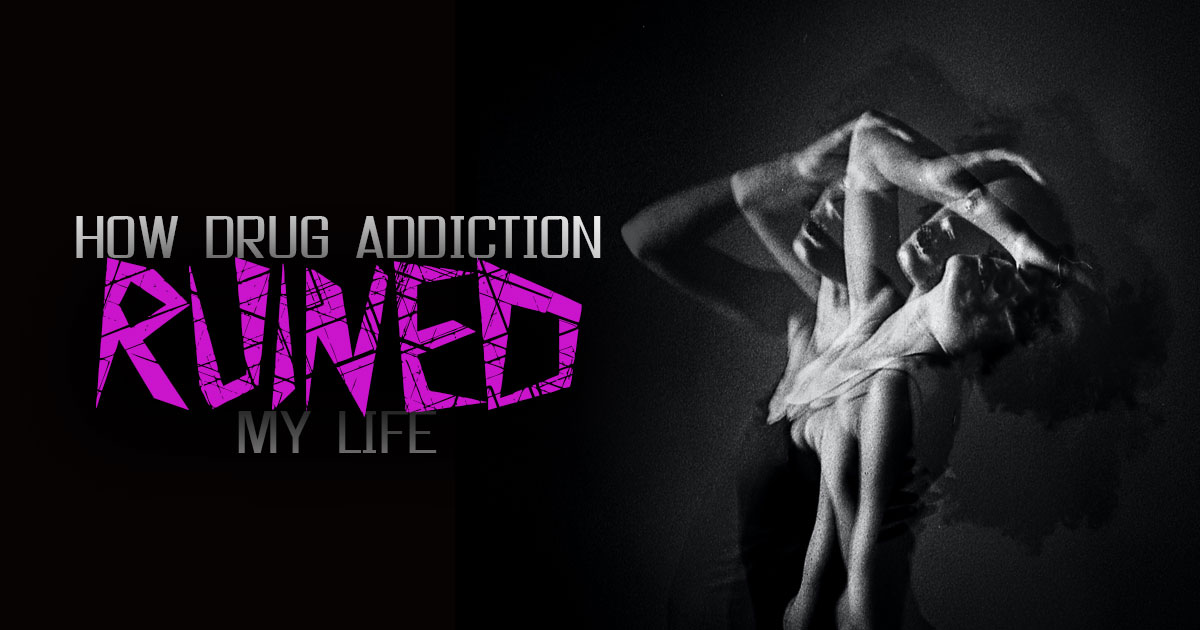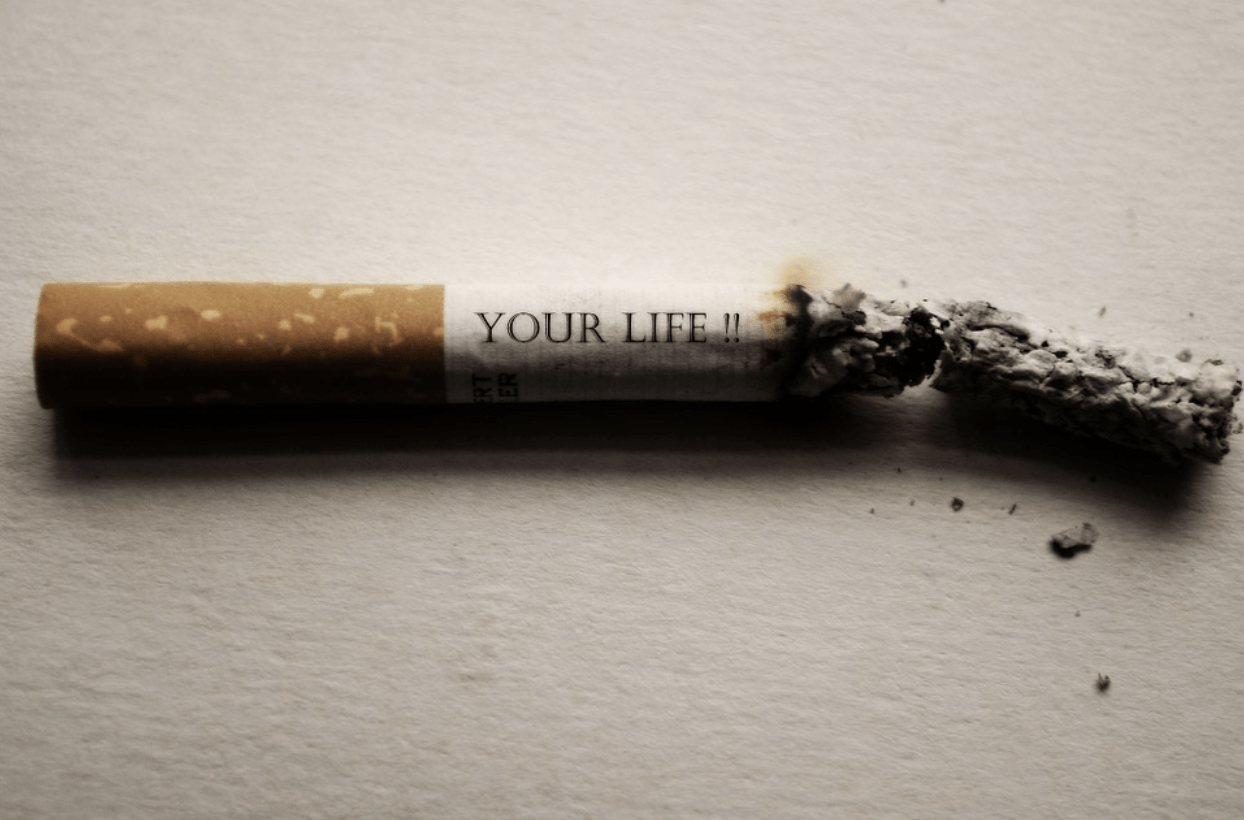
We often hear from women who feel their alcohol or drug addiction has ruined their lives. While it can feel this way, and undoubtedly addiction affects your life in many ways, there is always hope.
Addiction is a disease affecting your brain and physical health. When you have a substance use disorder to alcohol or illegal drugs, it also affects everything else in your life. These effects can extend to your family and children, your career, and your finances.
Those effects can lead to feelings of guilt and shame. According to the National Institute on Drug Abuse, guilt and shame then perpetuate the cycle of addiction.
If you can break that cycle with practical, evidence-based treatment. In that case, you can begin to repair the other areas of your life you feel your relationship with addictive substances has damaged.
Hope is never lost. During a rehab program, we address not just ways you can stop using drugs or alcohol. We also work on relapse prevention and coping strategies and help you prepare to re-enter your life and thrive.
Before you can get on a path to recovery, you need to take steps to get treatment, which will be the most challenging part of the situation. Recognizing the impact and harmful consequences of your addiction can be painful. That recognition is necessary, however, to move forward.
What Is Addiction?
Understanding the biological elements of addiction can help you eliminate some of the shame you might feel. Addiction is a chronic dysfunction of your brain.
- The disease affects the parts of your brain controlling motivation, memory, and primarily, reward.
- When you’re struggling with addiction, you won’t be able to stop using the substance often without professional treatment.
- You may have no self-control. Your desire to keep using drugs or alcohol outweighs everything else because your brain is compelling you to keep using.
- Even when you realize the adverse effects of your addiction, you can’t stop. When you have a substance use disorder, you may try to cut down or stop, but you can’t.
What is the Most Addictive Drug?
The most addictive drugs include:
- Cocaine
- Alcohol
- Methamphetamine
- Nicotine
- Heroin
- Prescription drugs like oxycontin and other opioid pain relievers
Is Drug Addiction a Disease?
Addiction to both drugs and alcohol is a brain disease.
- When you use addictive drugs, they create a euphoric high.
- The high is pleasurable and is due mainly to effects on dopamine levels.
- There are physical and psychological elements to the euphoria that comes with extraordinarily high levels of dopamine.
- For some people, once that pleasure occurs, the reward pathways in the brain are activated.
- While initially using the drug may have been your choice, eventually, your brain adjusts itself to the presence of the substance.
There is also a physical element which is dependence. When you have physical dependence and psychological dependence on any type of drug, if you stop suddenly, it will cause withdrawal symptoms if you stop suddenly.
Some people can use substances and never become addicted. Then others might use drugs or alcohol for a short period of time and develop an addiction.
- Some of whether or not you develop a substance use disorder depend on the frontal lobes of your brain.
- Your frontal lobes ordinarily help you to delay gratification or reward.
- If you have a malfunction in your frontal lobes, gratification is immediate, potentially triggering an addiction.
- Other parts of your brain play a role in addiction too. For example, the nucleus accumbens controls sensations of pleasure. This part of your brain can increase your response when there’s exposure to substances or even behaviors that can be addictive.
- Chemical imbalances and co-occurring mental illness can also put you at a higher risk of alcohol addiction or addiction to recreational drugs.
- When you have an addicted brain, it affects your decision-making, learning and memory, behavioral control, and judgment.
These effects are why you’ll often see someone who was once a high achiever, for example, losing everything before seeking substance abuse treatment.

Addiction is a Chronic Disease
Along with being a disease, more specifically, alcohol or drug addiction is a chronic illness. Chronic disease can be treated and managed, although not necessarily cured.
Addiction is not a moral failing.
Long-term recovery is when you’re in remission from the disease of addiction. For people in recovery, it’s essential to focus on continuing your treatment plan and making healthy lifestyle decisions to avoid addictive behaviors.
Risk factors increasing your risk of developing a substance abuse disorder include genetic factors and family history, environmental factors, and the use of drugs or alcohol in your developmental years. Having a mental health issue or a medical condition like chronic pain can also raise the risk of addiction.
How Addiction Affects the Family
The devastating effects of addiction impact families, including spouses, children, and parents, significantly.
If you have a young child, seeing you suffer from addiction can create emotional pain and distress for them. When a child faces exposure to drugs or alcohol, it can affect their emotional and mental health and stability.
Again, a key symptom of addiction is that the substance takes priority over everything else, wreaking havoc on all parts of your life.
Even though an addicted person may recognize the negative consequences of their addiction to alcohol or drugs, they can’t stop.
Other effects of substance use disorders include:
- Declines in work performance
- Job loss
- Breakdowns in romantic relationships, such as a marriage
- Health issues
- Changes in mood or behavior such as a lack of energy, being socially withdrawn, or neglecting hygiene and appearance
- Significant financial problems
How to Help Someone with Drug Addiction
Maybe you aren’t the person struggling with addiction, but you have a loved one who is. What can you do? There are certain things out of your control and some steps you can take.
- Learn as much as you can about substance abuse and addiction treatment. When you understand that dealing with substance use disorders isn’t a choice and is a disease, it can help you come from a place of empathy rather than judgment. There are good resources like the Mental Health Services Administration and the National Institute on Drug Abuse to connect with information.
- Often people with a substance use disorder have an untreated co-occurring mental health disorder. They may turn to drugs or alcohol to self-medicate. You can take the time to educate yourself on mental health disorders and their effects. You might even reach out to a therapist or mental health provider on behalf of your loved one.
- Don’t wait for your loved one to hit rock bottom before saying something about their drug misuse. The longer they go with untreated addiction, the more significant and devastating the effects. Speak out as soon as you can.
- Be honest about your concerns. Offer particular examples of the effects of addiction-related destructive behavior. Be honest about your feelings as well.
- Listen to what the person is saying. Don’t try to argue with them. Instead, let them feel heard, so they can understand you’re a positive support system.
- Offer information about how the person can deal with their addiction to drugs or alcohol, such as contacting a rehab center.
- Don’t try to bribe, threaten or lecture the person. Emotional appeals tend to bring about more feelings of guilt. Again, guilt fuels addiction, which is counterproductive when interacting with people with substance use disorders.
- Know that one conversation is unlikely to encourage the person to change. It takes time, and recovery is a process.
- Consider staging an intervention.
- If your loved one agrees to treatment, realize that every person is unique, and so is their recovery. Be patient, and manage your expectations.
Drug addiction can and often does ruin your life. That doesn’t mean that your life isn’t salvageable, though. Whether you’re personally in the midst of active addiction or you have a loved one who is, help exists.
Treatment for drug addiction, including alcohol or opioid addiction, requires behavioral therapies and in some cases medication-assisted treatment. It’s also important any underlying mental health conditions receive treatment before the recovery process can begin.
The first step to facilitate a sense of hope is treatment. Call 866-600-7709 and reach out to the Anchored Tides Recovery team to learn more.































